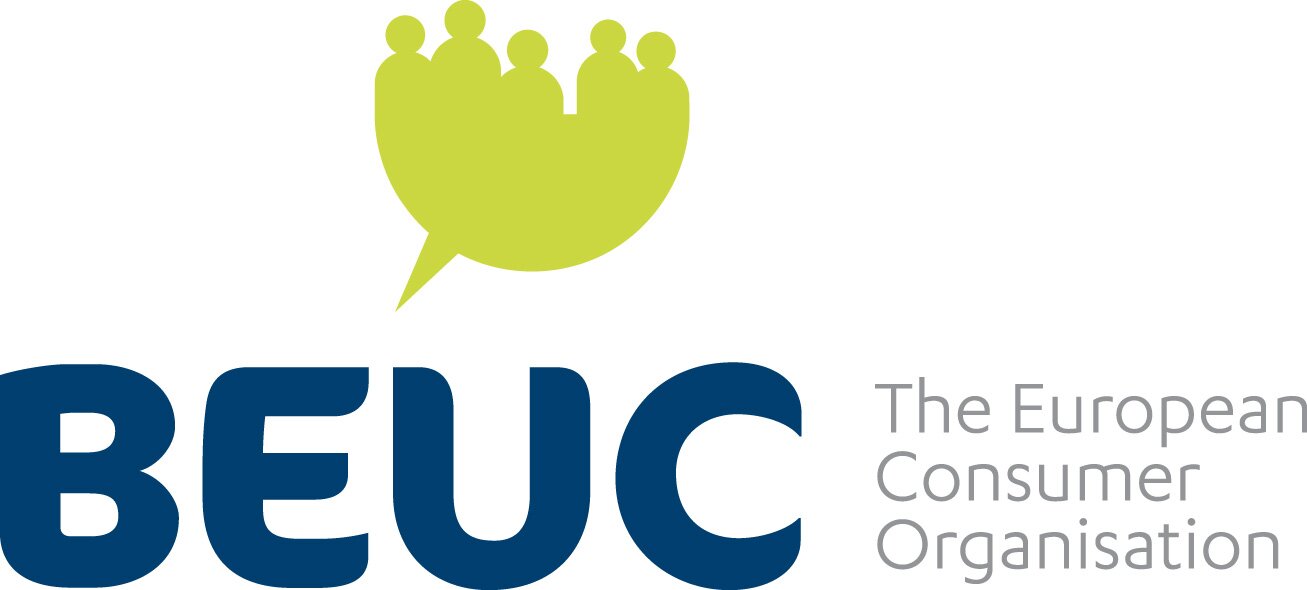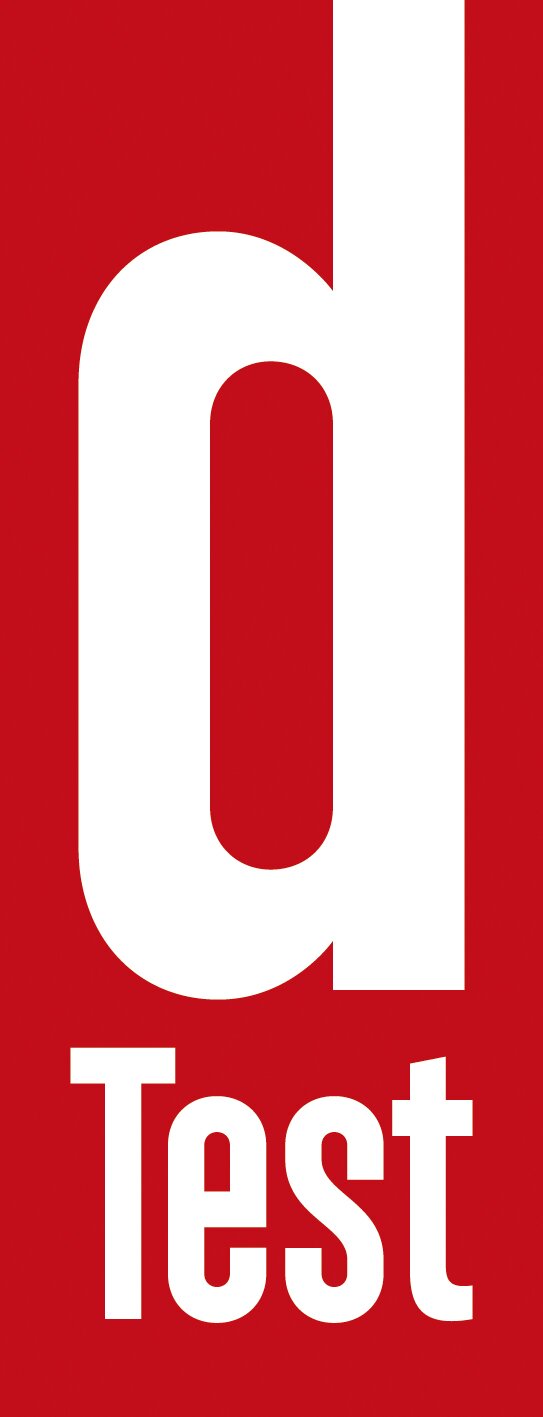Case Studies
- Portugal
Portuguese consumer organisation, DECO Proteste, carried out a study on the habits in terms of energy consumption in households in Portugal, identified a number of different household profiles and selected families to participate to the project based on these profiles.
DECO Proteste first did an energy audit of the households that accepted being involved in the project, installed advanced energy monitoring equipment, studied the energy consumption, with a strong focus on electricity and space heating.
DECO Proteste also provided tailored recommendations mainly on stand-by mode, hot water and space heating. A very simple behavior change that can bring very important energy savings is unplugging appliances, rather than keeping them in stand-by mode.
Consumers tend to underestimate how much energy is used by appliances in stand-by mode and generally do not pay attention to it.
The 15 families that put in place this very simple measure achieved average savings amounting to 309,016 kWh/year – €160 per year.
The profile that achieved the largest average savings was that of a household switching from a central gas heater to an electric air conditioning source, which cut its energy expenditure by 81%.
The households that achieved the lowest energy savings were those already using renewable energy technologies, in one case paired with batteries to store the excess electricity that was generated by the solar panel. This shows that relying on efficient and renewable technologies can, by itself, result in low energy bills.
Overall, DECO analysis shows that, if all Portuguese families adopted DECO’s advice, Portugal could achieve 5.5 TWh of energy savings, which represents 29% of Portugal's total residential energy demand (i.e. not only consumption of electricity in households, but also of gas, natural gas and LPG).
- Slovenia
Mipor ran a successful group purchase of air conditioning units.
The organisation’s initial goal of 100 direct (and 200 indirect) installations of air-cons was by far surpassed, as more than 600 devices were installed within the group purchase scheme.
Although this was the first technological group purchase carried by Mipor, they built upon the previous learnings of running successful consumer/group purchase campaigns. The diversification of the marketing mix proved to be the key issue of attracting a vast mass of prospects.
This enabled Mipor to communicate efficiently the goals of this Horizon 2020 project, energy efficiency and renewables with the identified target group, with a basic interest in the topic.
Overall, 632 air conditioning units were installed in the context of the group purchase, which is estimated to represent 5% of the total annual installations of air conditioning units in Slovenia.
However, it is important to note that the first tender by Mipor, targeting air conditioning units’ distributors as partners, was unsuccessful. All the meetings resulted in an unwillingness to cooperate because of the level of discount that Mipor asked, of the uncertain volume and of the timing, which was colliding with their annual peaks in sales.
The second tender targeted retailers and took place at the beginning of the year (i.e. outside the summer installation peaks).
The offer Mipor received from the retailers was within the range of their expectations, even if a lesson learnt is that the amount of effort required by the installation of the air conditioning systems was underestimated.
In addition, Mipor observed some negative reactions from the distributors and installers that did not participate to the group purchase scheme.
The installers complained to their distributors that the prices of two models were simply too low. The distributor thus decided to cut off the supply to the retailer Mipor was working with and even threatened not to provide any technical assistance to customers’ who bought air conditioning units without his knowledge.
Because of this dispute and the high volume of orders, the installation of the air conditioning units was delayed.
Most of the consumers did not object to the delay, but some expressed a high degree of dissatisfaction, which was also noted in the post-purchase survey that was executed.
Another learning is that the consumers that participated to the group purchase scheme were consumers that already had the intention of buying an air conditioning unit but were lacking enough information on how to pick a quality, energy efficient device. The fear of making a wrong purchase was overcome as they trusted the consumer organisation.
- Spain
In Spain, over 99% of the electricity meters currently installed are smart meters, which potentially enables electricity companies to already provide energy advice to their customers.
OCU ediciones worked with Lucera, an energy supplier, which used the energy consumption data that they collected to provide personalised energy advice to more than 650 families in Spain.
On average, the families involved in the project reflected the typical size of a Spanish household, as they were composed of 4 people, living in a home between 70 and 90 m2 . All in all, the families who followed OCU’s recommendations were able to achieve significant savings.
Behavioural measures and those involving small investments lead to average savings of €755 per household. All the recommendations that OCU provided, which were related to electricity, heating, hot water and self-consumption of solar energy, led to €1,590 savings per household.
OCU calculated that, if the energy recommendations followed by the families involved in the project were adopted by all the families in Spain, this would lead to total savings in households bills of €2,500 million.
The recommendations that were the most followed were related to how families light their homes.
Switching the light off when leaving a room led to cuts in the energy consumption linked to lighting of up to 25%.
Replacing incandescent light bulbs with newer LED ones led to 80% savings.
The recommendation of making the most of natural light and avoiding switching the light on, if unnecessary, led to up to 25% savings.
The families involved in the project also responded well to the recommendation of avoiding keeping their homes’ windows open for too long.
By keeping the windows open for not more than 10 minutes, all the air in the room will be replaced, but that walls and furniture will not be cooled.
Following this advice, once the windows are closed, the heating system will only have to heat the new air that entered the room and not also the walls and the furniture.
The recommendations that were the least followed by the families involved in the project were related to the installation of solar energy systems, both photovoltaic panels and solar thermal installations.
The reason is that, despite some improvements, Spanish legislation does not foresee clear incentives to self-consumption of renewable energy.
Historically, owners of solar panels could pay a “tax on sun”, which discouraged many families to install them.
This tax has recently been lifted and the current legislation also allows for net metering of electricity. However, the regulation is still not perfect, as those consumers who produce their electricity are not yet compensated for the electricity that they provide to the electricity grid.
Families also tended not to follow the advice of replacing their old fridge, even this may lead to annual savings of €30 to €35. The reason why these recommendations were the least popular is the significant initial investment, which many families could not afford.
- Belgium
More than 10% of Belgian households already have a photovoltaic system.
As of 2020, the net metering support scheme has been suppressed in Belgium.
For this reason, one of the focuses of Test Achats/Test Aankoop was to understand to what extent behavioral change with no investments could help increasing the direct use of PV produced electricity and cutting energy bills.
Hot water heating represented 13-38% of the annual energy consumption of the families that were monitored, hence boilers were Test Achats’ primary target.
First, Test Achats/Test Aankoop recommended the families to apply extra insulation on the boiler’s external surface, for a cost of 30 euro.
This measure resulted, on average, in an annual reduction in the energy costs of €135, due to a heat loss reduction of up to 75%. Second, Test Achats/Test Aankoop recommended to switch the boiler on during the production peak of the PV system, to increase self-consumption, by using a timer worth €15.
This resulted in an annual increase of self-consumption of 13%. If we consider that the families which installed a battery reached an increase in self-consumption amounting to 22%, installing a cheap timer proved to be a very impactful and cost-effective measure.
Test Achats/Test Aankoop also raised awareness of appliances’ consumption in stand-by mode.
The consumption of appliances left in stand-by mode by the families involved in the project was quite significant – roughly between 50 and 300 Watt.
The families were recommended to connect their appliances to a timer, automatically switching them off for 18 hours a day.
This measure resulted in significant energy savings and, if all Belgian families decided to adopt it, the overall annual savings would be 528 GWh.
One of the challenges of consumers is to have a clear picture of each of their appliances’ annual consumption.
Providing information about the consumption of each of their appliances helped the families involved in the project making better decisions on their replacement, as they were able to estimate the return on the investment. The appliance replacements that resulted in the biggest savings where concerning fridges and freezers.
Replacing a fridge resulted on average in 360 kWh annual savings, replacing a vertical freezer in 390 kWh savings.
These figures are close to 10% of the annual average electricity consumption of a Belgian family.
Test Achats/Test Aankoop was able to demonstrate that the combination of all measures could result in huge savings.
One of the families involved in the project was able to save a whopping €542 per year, which represented a 10% reduction in their energy bill.
This family could save another 20% extra with equipment replacement and boiler insulation. Test Achats/Test Aankoop also provided the families involved in the project with other kinds of recommendations, including behavioural measures (i.e. closing doors, turning the lights off or using the dryer less), replacing electric heating appliances with pellet stoves and installing solar panels.
- Italy
In the context of the CLEAR and CLEAR 2.0 projects, Altroconsumo edizioni tested 57 wood pellet stoves, with a focus on their quality, safety, comfort, convenience, and performance. In the context of CLEAR 2.0, Altroconsumo edizioni also tested pollutant emissions – especially ultrafine particles – from several biomass heating appliances in real use conditions.
During the testing carried out in the context of the CLEAR project, Altroconsum Edizioni noted that thermal safety conditions were not met in 8 out of the 36 appliances tested. Thanks to Altroconsumo’s advocacy work, the appliances tested in CLEAR 2.0 had safety problems only in 3 cases (out of 21).
The learnings from the project were taken into account and included in the updated CEN standard on “Residential solid fuel burning appliances” (FprEN 16510).
Similarly, also pollutant emissions have improved in the second round of tests. In parallel Altroconsumo edizioni has investigated pollutants in real use condition for biomass appliances.
The tests highlighted that automatic wood pellet appliances have steadier and better controlled combustion conditions compared to batch-wise heaters.
Automatic wood pellet stoves also have lower emissions of incomplete combustion products (CO, OGC, and TSP) compared to firewood appliances, while on the other hand, they have slightly higher NOx emissions.
During the past 5 years, biomass heating appliances reduced their pollutant emissions by 4 to 8 times. The appliances that improved the most are wood appliances, which are, however, still the worst in terms of dust pollutant emissions. Altroconsumo’s investigation suggested that Ecodesign should tighten dust emission limits in real use conditions and should introduce ultrafine particle matter emission limits for wood heating appliances.
For wood pellet stoves, tighter NOx emissions limits should be introduced. CLEAR 2.0 was also able to shed light on consumers’ behaviour vis-à-vis differently shaped financial incentives to purchase renewable technologies.
In Italy, the same type of product (for instance, a heating and cooling appliance), was eligible for two different incentive schemes. One scheme - "discount on invoice" – was connected to higher initial savings, but to a total cost that is 20% higher than the ten-year tax deduction incentive already in force for several years.
Altroconsumo edizioni discovered that consumers were more likely to accept a higher initial discount, even if this meant higher total costs. The new incentive scheme was certainly appealing for consumers, however it created some market distortions.
The new scheme granted an initial discount on the purchase and installation of new appliances amounting to up to 65%.
This discount was provided by the companies installing the appliances and recovered over 5 years, thanks to tax breaks for consumers, which were automatically passed on to the companies.
As this meant that companies were able to fully recover their investment in 5 years, only large energy companies were able to bear the 65% price discount.
These large companies were able to influence the market, forcing the upstream supply chain (building companies, installers, appliance manufacturers) to agree on their terms and conditions, considerably reducing the variety of the offered products and the quality of the installation, as they used networks of installers who were not anymore responsible for aftersales assistance.
Altroconsumo edizioni fed into a public consultation on the impact of fiscal policy measures on energy efficiency, providing the Italian government with evidence on the impact of the discount on invoice scheme and asked for its revision as to avoid market distortions.
The new 2020 Budget Law took Altroconsumo’s recommendation into consideration and put a threshold of €200,000 on the application of the “discount of invoice” mechanism, which is now applicable only in case of deep energy renovation of a building.
- Czech Republic
dTest organised a successful group purchase of photovoltaic panels under the CLEAR 2.0 project.
The campaign ‘I Want Solar Energy’ (www.chcislunecnienergii.cz) was launched at the end of January 2019 and exceeded dTest’s expectations, both in terms of registered participants and dissemination of information related to the production of solar energy on premises. 14,556 participants registered to the campaign.
The campaign helped to increase awareness about the photovoltaic technology and its benefits for households.
Even households who decided not to purchase photovoltaic panels (e.g. due to low consumption or technical problems) became interested in the possibility of sustainable energy sources for their own consumption.
The winning supplier expects 200 installed PV plants throughout the project.
The expected installation number is in line with dTest expectations. The auction happened on a voluntary basis, that is, the consumer can think about the power plant until the last moment – until he signs the contract.
Should the subsidy not be awarded during the project implementation, the applicant may withdraw from the contract completely free of charge and all advances paid up to that point would be returned. In the next step, while implementing photovoltaic technology, dTest experienced various technical complications.
For example, when the measurement took place, the service provider found that some roofs were not suitable for the construction of a photovoltaic panel due to the size, slope or type of covering. Or, household consumption may not be adequate to operate the photovoltaic panels with a reasonable return on investment.
The most frequent choice of customers in the project “I want solar energy” was the combination of a photovoltaic power plant with a CEZ Battery Box.
Average total price of PV panels without VAT and without the subsidy was 340,877 CZK and average installed capacity was 4,76 kWp. While the installation of photovoltaic panels is ongoing and will continue in 2020, the campaign clearly showed that Czech consumers are interested in renewable energy and value the service of a credible partner.

 Test Achats
Test Achats  Ocu
Ocu Deco
Deco Altroconsumo
Altroconsumo BEUC
BEUC dTest
dTest MIPOR
MIPOR ICRT
ICRT



